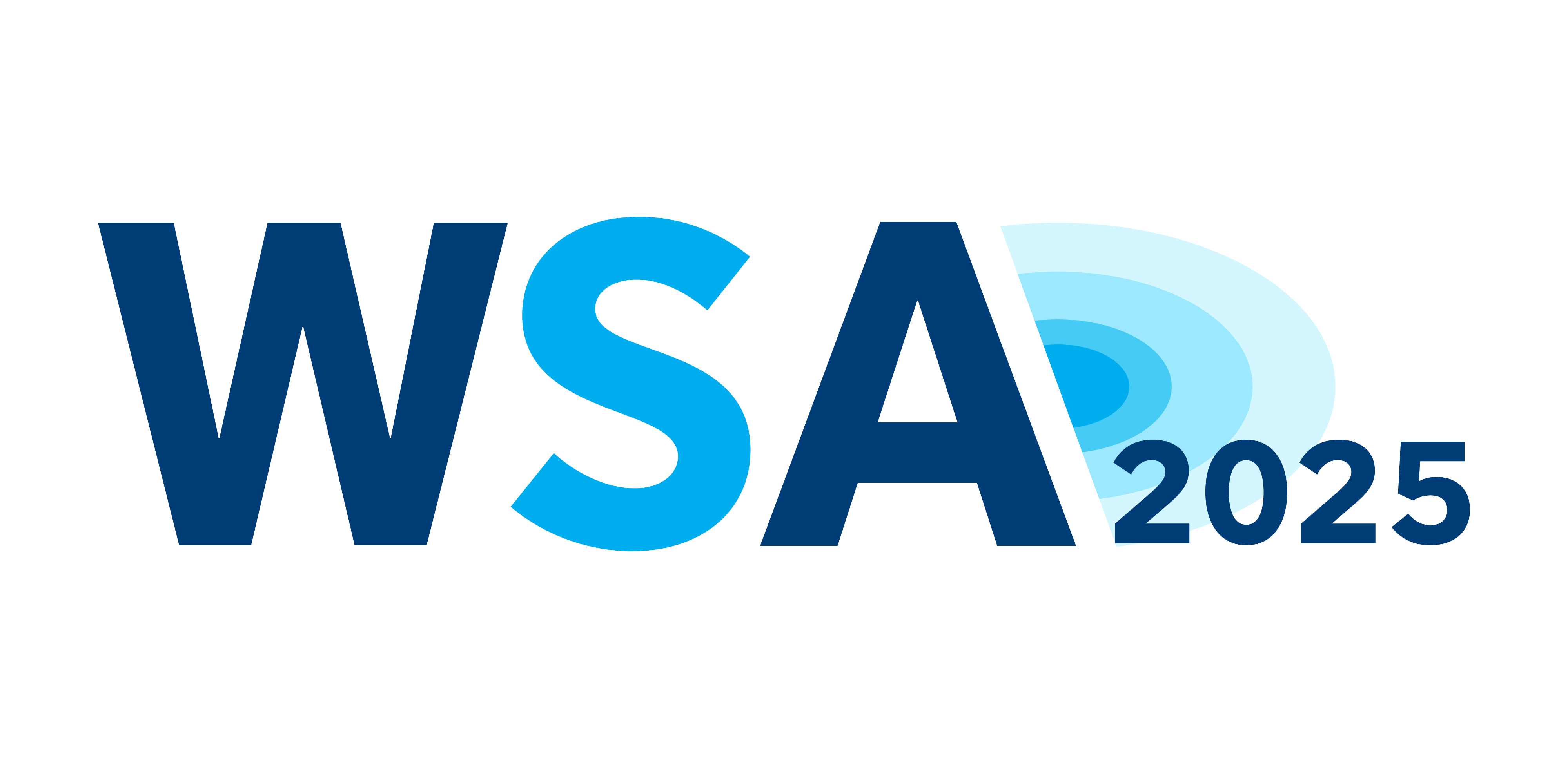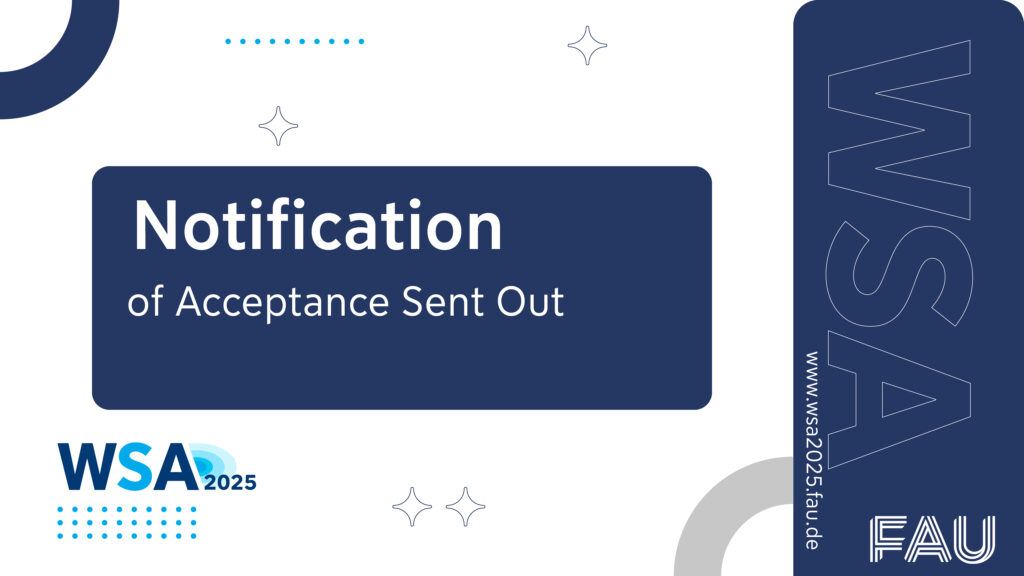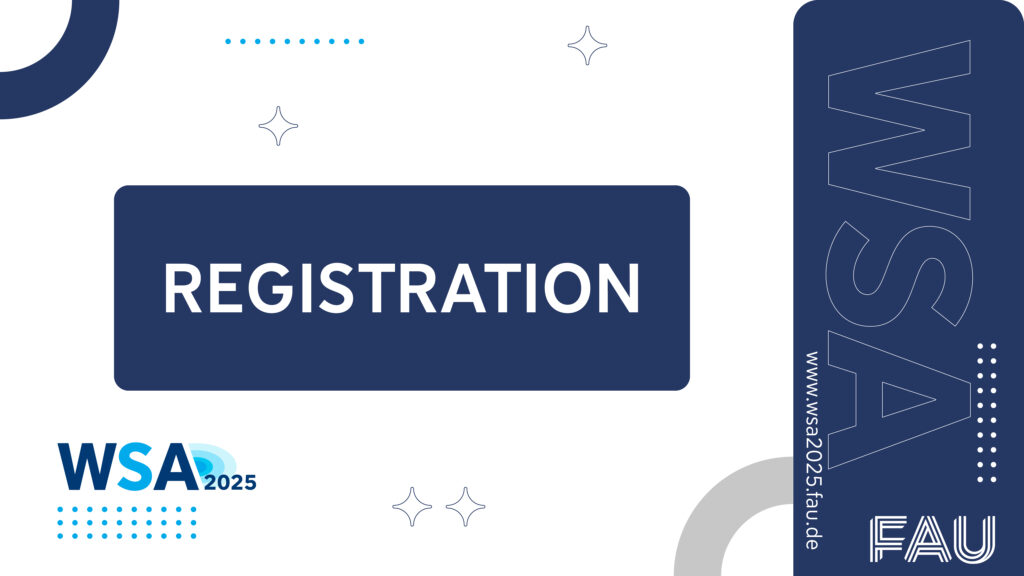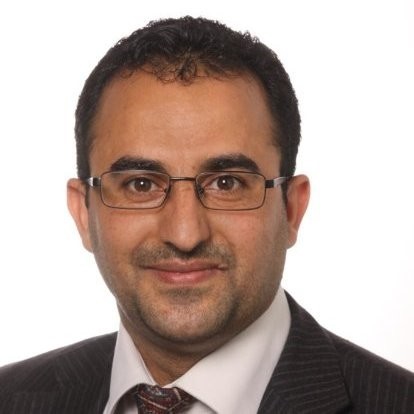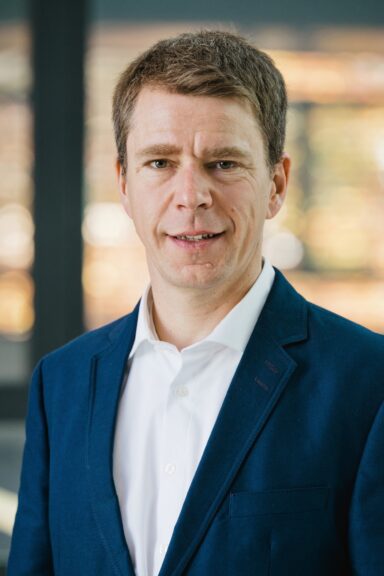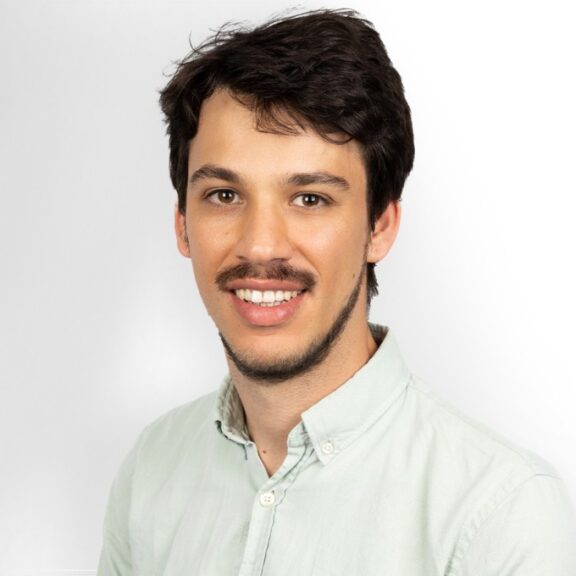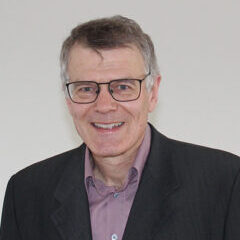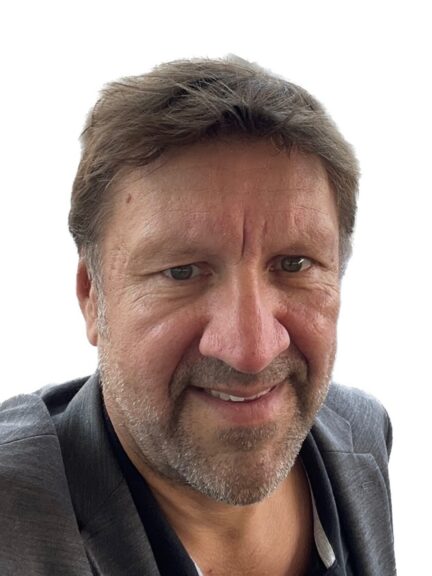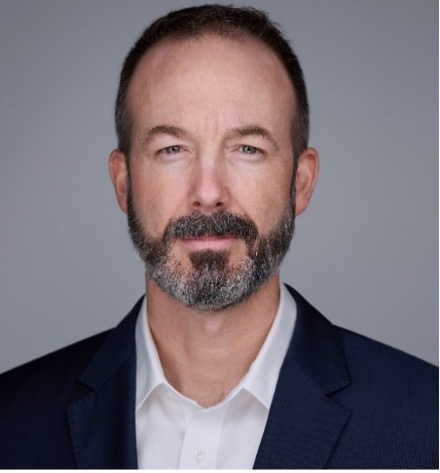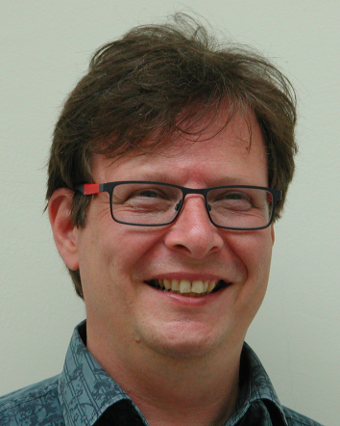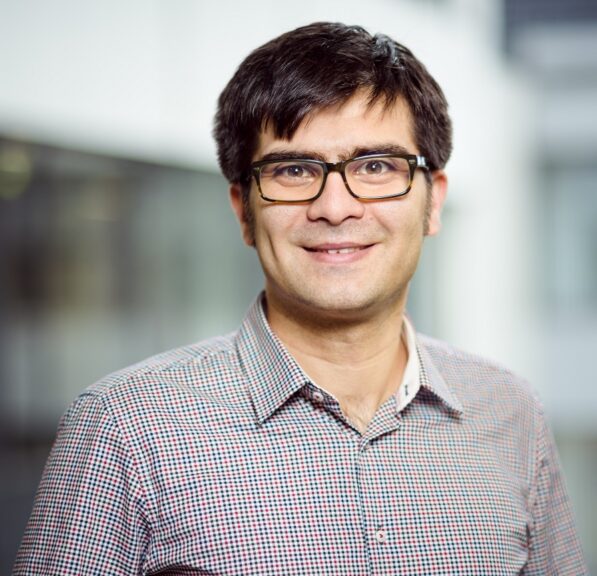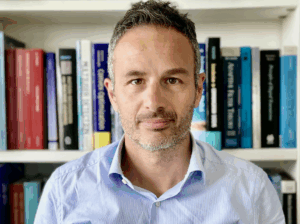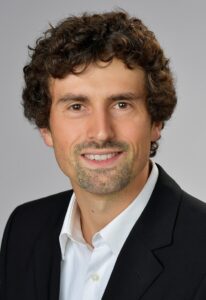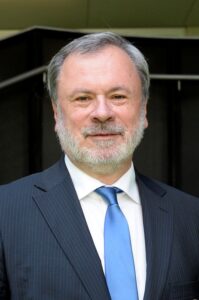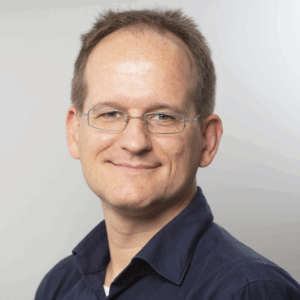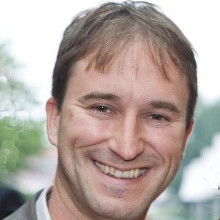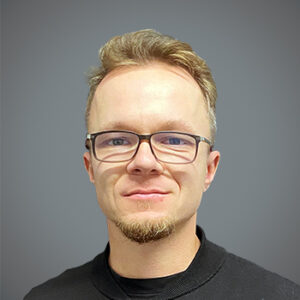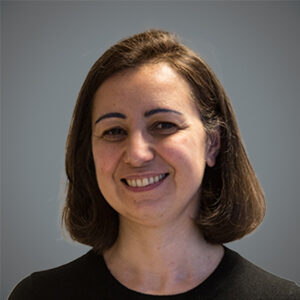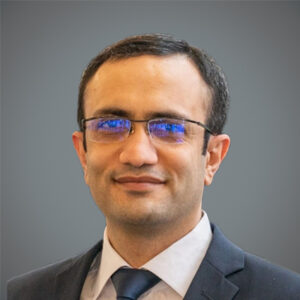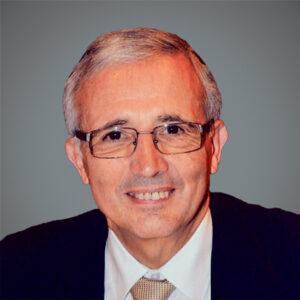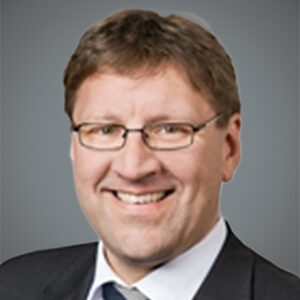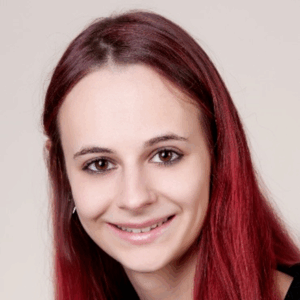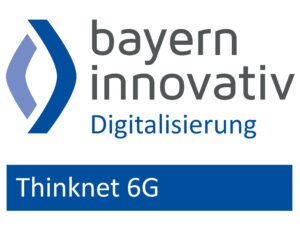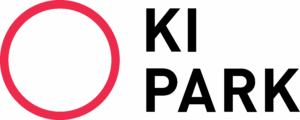We are very pleased to announce that the
28th International Workshop on Smart Antennas 2025
will take place
from September 16-18, 2025
in Erlangen, Germany
The 28th International Workshop on Smart Antennas (WSA 2025) offers a platform for showcasing the latest research on smart antennas, encompassing both theoretical and technical dimensions in contemporary wireless communication systems. The goal is to sustain, amplify, and expand the progress achieved since the inception of the workshop series in 1996.
This esteemed event gathers experts from academia and industry to discuss advancements, share insights, and foster collaborations. Attendees will have the opportunity to engage in comprehensive sessions, keynotes, and panel discussions led by prominent figures in the field. By participating in WSA 2025, researchers and practitioners can stay at the forefront of innovation in smart antenna technologies and wireless communications.
Join us for an exciting and insightful conference and secure your spot today!
We are looking forward to welcoming many participants from around the globe. Don’t miss out on this opportunity to connect with experts in the field. Book your participation now!
Program
We are pleased to inform that the program for our event has been finalized and is now accessible. This interesting program offers a range of insightful sessions designed to engage and inform attendees comprehensively.
We invite you to view the full program here and look forward to your participation.
Please click here for the programme
View our event guide here:
Please click here for the programme
News
Notification of Acceptance Sent Out
Registration Now Open
Speakers
We are proud to present our speakers for this year’s conference tracks.
Their expertise and insights promise to provide a wealth of knowledge and inspiration across various domains.
Join us as we welcome these leading researchers to drive engaging discussions and explore cutting-edge advancements.
Our Keynote Speakers
Our Invited Speakers
Sessions
Presented and hosted by
Co-Sponsorship by
Patrons



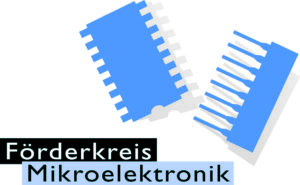
Authors
General information about submission
You are cordially invited to submit full-length papers limited to a maximum of 6 pages in A4 format, using a 10-point font size. Accepted papers may include one additional page in the final camera-ready version, extending the limit to 7 pages with 10-point font size in A4 format (two-column IEEE conference format). LaTeX users should ensure to use IEEEtran style in conference and comsoc mode. Please refer to the IEEE Manuscript Template for Conference Proceedings guidelines when formatting the submission. The final manuscript must be certified by IEEE PDF eXpress.
Papers are reviewed on the basis that they do not contain plagiarized material and have not been submitted to any other conference at the same time (double submission). These matters are taken very seriously and we will take action against any author who engages in either practice. For more information, please refer to the IEEE Policy on Plagiarism and the IEEE Policy on Double Submission.
All papers must be submitted as PDF file via EDAS. The submissions are peer-reviewed, and the proceedings will be published in the IEEE Xplore Digital Library. The workshop will comprise both oral and poster presentations.
Submission implies that at least one of the authors will register and present the paper in person. We reserve the right to exclude a paper from distribution after the conference, including publication in the IEEE Xplore Digital Library, if the paper is not presented by the author at the conference.
Instructions for Final Manuscript Submission
Please make sure to complete all the steps for the final manuscript submission before the deadline of August 17, 2025.
No paper will be published without the submitted IEEE Copyright Form or registration to the conference.
For your convenience, the copyright form is made available digitally through EDAS. To access the IEEE eCopyright Form, click the “Add” icon in the “Copyright” row within your paper record. Please use the registration code from Converia registration code in EDAS and specify who will be presenting the paper in the “Presented by” row. Click that “Add” icon and select the presenter.
The following points you have to follow to upload your final manuscript by the 17th of August:
- Correct your paper according to the reviewer comments and adapt your paper to meet the given format rules (refer to https://www.wsa2025.fau.de/)
- Certify your manuscript by PDF eXpress, following the instructions:
- Provide the IEEE copyright via EDAS
- Register for the WSA 2025 conference
Note: Each presented paper needs to be covered by one exclusive registration fee (that is only valid for this paper). But one presenter can present more than one paper.
The presentation of your paper is mandatory to be published in IEEE Xplore. Besides, you need your registration code for the upload of your paper to EDAS. - Upload your final manuscript. The final manuscript of your paper should account for all the critical reviewers’ feedback.
- Specify the presenter
The registration in Converia is opened:
Full conference ticket: Presentation and publication of up to 2 papers, access to all sessions (16–18 Sept. 2025), including keynotes, Welcome Reception, coffee breaks, lunches, and access to online technical proceedings.
First-time users should do the following:
- Select the New Users – Click Here link: https://ieee-pdf-express.org/account/login?ReturnUrl=%2F.
- Enter the following:
- 65299X for the Conference ID
- your email address
- a password
- Continue to enter information as prompted.
An Online confirmation will be displayed, and an email confirmation will be sent verifying your account setup.
Pricing
The registration in Converia is now opened:
Full conference ticket (regular pricing): Presentation and publication of up to 2 papers, access to all sessions (16–18 Sept. 2025) including keynotes, Welcome Reception, coffee breaks, lunches, and access to online technical proceedings.
| Regular registration [until September 09, 2025 (12:00 CEST), FC] |
Standard [On-site] |
One-Day Only/Early [until September 9, 2025 (12:00 CEST)] |
One-Day Only [On-site] |
|
| Authors and Speakers | 550,00 € | 600,00 € | — | — |
| Non-Authors | 580,00 € | 630,00 € | 300,00 € | 350,00 € |
| Full-Time Student* (undergraduate and master’s students) |
150,00 € | 180,00 € | 50,00 € | 75,00 € |
Presentation and publication of up to 2 papers, access to all sessions (16–18 Sept. 2025), including keynotes, Welcome Reception, coffee breaks, lunches, and access to online technical proceedings.
One-Day Only ticket
Access to all sessions on SELECTED DATE (16 Sept, 17 Sept or 18 Sept) including keynotes, Welcome Reception, coffee breaks, lunch, and access to online technical proceedings.
NOT for presentation and publication of papers.
* An enrollment certificate is required. Scientific employees cannot register in this category and will have to pay full prices.
Committee
Venue
Daytime
The daytime sessions will take place at the Faculty of Engineering at Friedrich-Alexander-Universität Erlangen-Nürnberg

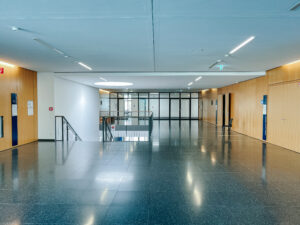

Felix-Klein-Gebäude | Cauerstraße 11 | 91058 Erlangen
Hotels
Here you will find an overview and a link to a Google map with hotel recommendations in Erlangen.
Hotels and Directions to the Venue
Evening Events
Tuesday, September 16 – Networking Evening at Katharinensaal in Erlangen
The first evening event takes place in the heart of Erlangen. The first day of the conference comes to a brilliant end in the former French Reformed church (the foundation stone was laid in 1686), which is representative of Erlangen’s history shaped by the Huguenots.
In the Katharinensaal and its ambience from the Baroque period, conference participants can discuss interesting topics and contributions and expand and consolidate their network during a networking evening.


Kreuz+Quer Erlangen | Bohlenplatz 1 | 91054 Erlangen
Wednesday, September 17 – Evening Event in Nuremberg
Located in downtown Nuremberg, the second evening event takes place in the Tucher Mautkeller. The toll hall – built in 1502 – offers a rustic atmosphere with its vaulted cellars and has been home to restaurants with traditional Franconian cuisine and beer since the 1920s. In the charm of the Rotbierkeller with its historical wall paintings, participants can expect Franconian dishes and beer from their own brewery. This sociable atmosphere concludes the second day of the conference and offers the opportunity for lively exchange and making new contacts.
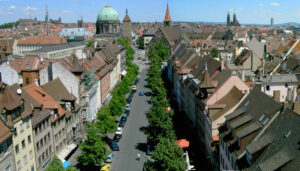
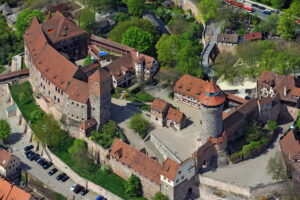
Tucher Mautkeller Nürnberg | Hallplatz 2 | 90402 Nürnberg
Parking in Nuremberg & getting back from Nuremberg to Erlangen
- by train / bus: https://www.vgn.de
- by car: Parking in the parking garage “Sterntor”, Grasersgasse 25, 90402 Nürnberg
- by taxi: via Taxis at Hauptbahnhof Nuremberg or via Taxizentrale Erlangen (costs about 50€)
Our partners
Bayern Innovativ
KI Park Satellite Erlangen-Nürnberg
